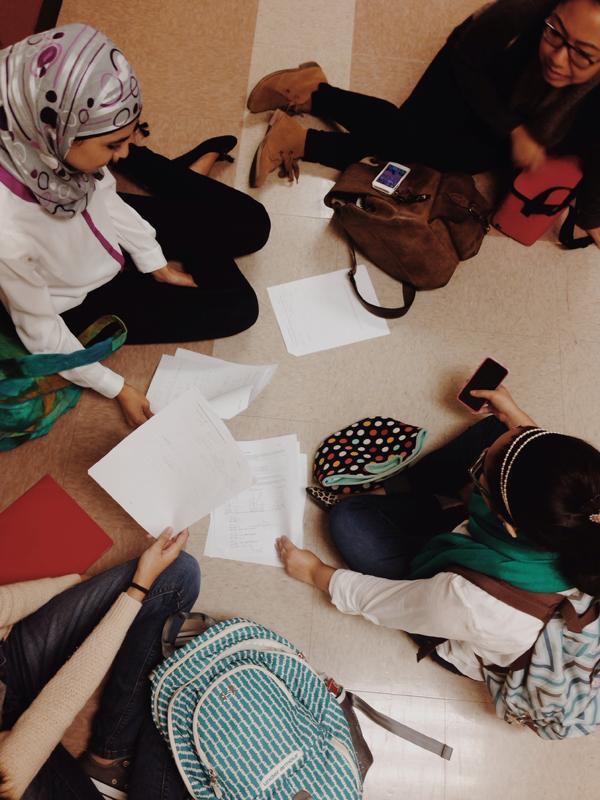Group Projects: Helpful or Harmful?
October 25, 2013
When senior Samantha Terrones thinks of group projects, she thinks “organized chaos.” Since the invention of the school house, students across the world have bonded over a similar feeling of dread at the mention of a “group project”. Though the “two-heads-are-better-than-one” approach to solving problems sounds good in theory, it seems that for many students practical application of this method proves otherwise.
Oddly enough, the ones hurt most by group projects are the conscientious students, the ones who consistently study, turn in homework on time, and make “good grades”. Though these students have no problem taking tests and writing papers, when it comes to a group project, they fret.
“[I’m] not going to lie; I kind of dread a project when I hear the word ‘group’,” senior Willow McGuane said. “If one person doesn’t do their job it affects your grade, and you are in a predicament because you can’t yell at your friend.”
Assignments are usually designed so that each person has to make a contribution to the group in order for it to function properly. However, problems arise when even one person doesn’t do what their role requires. Like a domino effect, student A has to take on the work that student B was assigned, and in turn, the work student A was assigned is put on the back burner. So, instead of completing one task extremely well, student A must complete two, and the quality of the product suffers in consequence.
In some cases, students who have a track record of being “good students” are appointed to the roles that involve the most work simply because the others can rely on them to ensure a satisfactory grade for the entire group. In a way, group projects exploit the students who care about receiving good grades and commend those who typically wouldn’t even do the work for themselves, much less contribute to the group effort. Is it right that students should have to worry about how someone else’s lack of effort will affect their grades?
These are the questions that confound those affected by the plague of group projects. However, there is a solution to them that is rather simple. Instead of letting fate decide the members of the group, students should be able to pick their own. Students can reap all the benefits of a group working together with this simple adjustment.
“I prefer being able to pick my group because then I can choose people I know will work well together, all have something to offer, and will all put in the work to get their part done and make the final product great,” senior Caryssa Burkhart said, “…verses being assigned to people who might not necessarily want to put in the work and will just rely on others.”
Most students agree that getting an excuse to work with a group of their friends can take the pain out of school work. When this is the case, group projects are often successful as well as enjoyable for all parties involved.
“With the right people, it can be extremely helpful,” Terrones said. “Everyone has to have the same level of work ethic and ability. If they are assigned, and usually it’s random, it can be detrimental not only to one’s grade but also the learning experience.”




